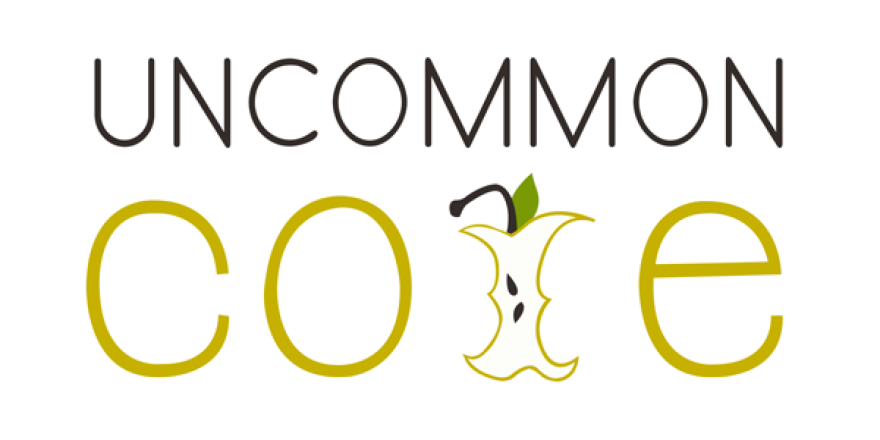The Uncommon Core is a series that examines unusual college courses being taught in schools across the United States. In this episode, a professor explains how our beauty pageants can tell us a lot about who we are as a culture.



How to Win a Beauty Pageant: Race, Gender, Culture, and U.S. National Identity

I think the educational value of studying beauty pageants lies in the fact that people can connect to them in some kinds of ways, but at the same time they’re foreign. They happen every year - thousands of them happen in the United States alone, they happen all over the world – but they’re also unusual. In some ways they’re like subculture. It’s not something that everybody does, but I have found that almost always somebody says, ‘Oh, my cousin was in one,’ or, ‘My sister used to do those,’ or, ‘I used to do them.’

When you talk about the title of beauty pageants, like Miss America or something like that, there’s a suggestion written into the title that this person is supposed to be representative of a whole national group of people. So if that’s the case, we should be able to watch how that person changes over time, which is to say, who are the different winners year after year after year – that can tell us something about how the nation is changing over time, and tell us also something about ideals of femininity, and how ideals of femininity tie into ideals of nationhood.

That first time that I taught it at the University of Michigan, there was this mid-semester evaluation process, and one piece of feedback said, ‘I felt like the title was misleading.’ And that seemed to suggest to me that someone had actually taken the class hoping that they would learn the steps and tools for how to win a beauty pageant; which was shocking to me, because it was a 300 level American Culture seminar.
A lot of things that I say on the first day when we’re reading the syllabus suggest that this is not going to be an easy class. Word gets around very quickly that I am not an easy professor to take a class from. To some extent I don’t even have to do that work anymore; the reputation does it for me.

We do readings by scholars who have actually written specifically about beauty pageants—so Miss America, Japanese-American Nisei Week Queen pageants, Miss Fine Brown Frame in African American communities in the 1940s—and so we do readings about those throughout the semester, coupled with theoretical readings that teach students about things like Intersectionality, Performativity and how gender is constructed, all these sorts of things. In addition, there is one Capstone assignment centered on a field visit to the Miss Gay America Drag Pageant.








